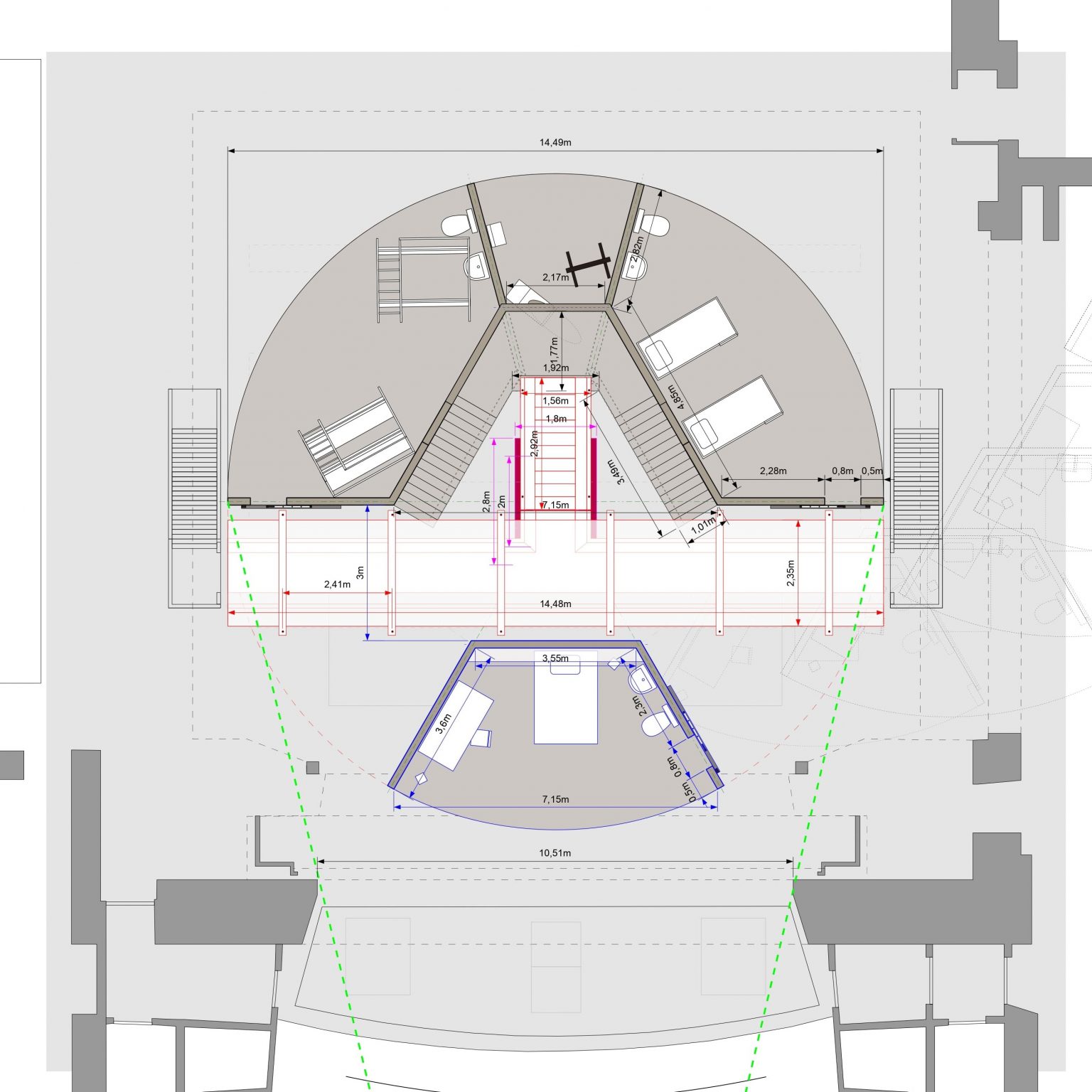Don Giovanni
stage direction and scenography concept for Mozart’s opera – RIng Award 2020 Semifinals
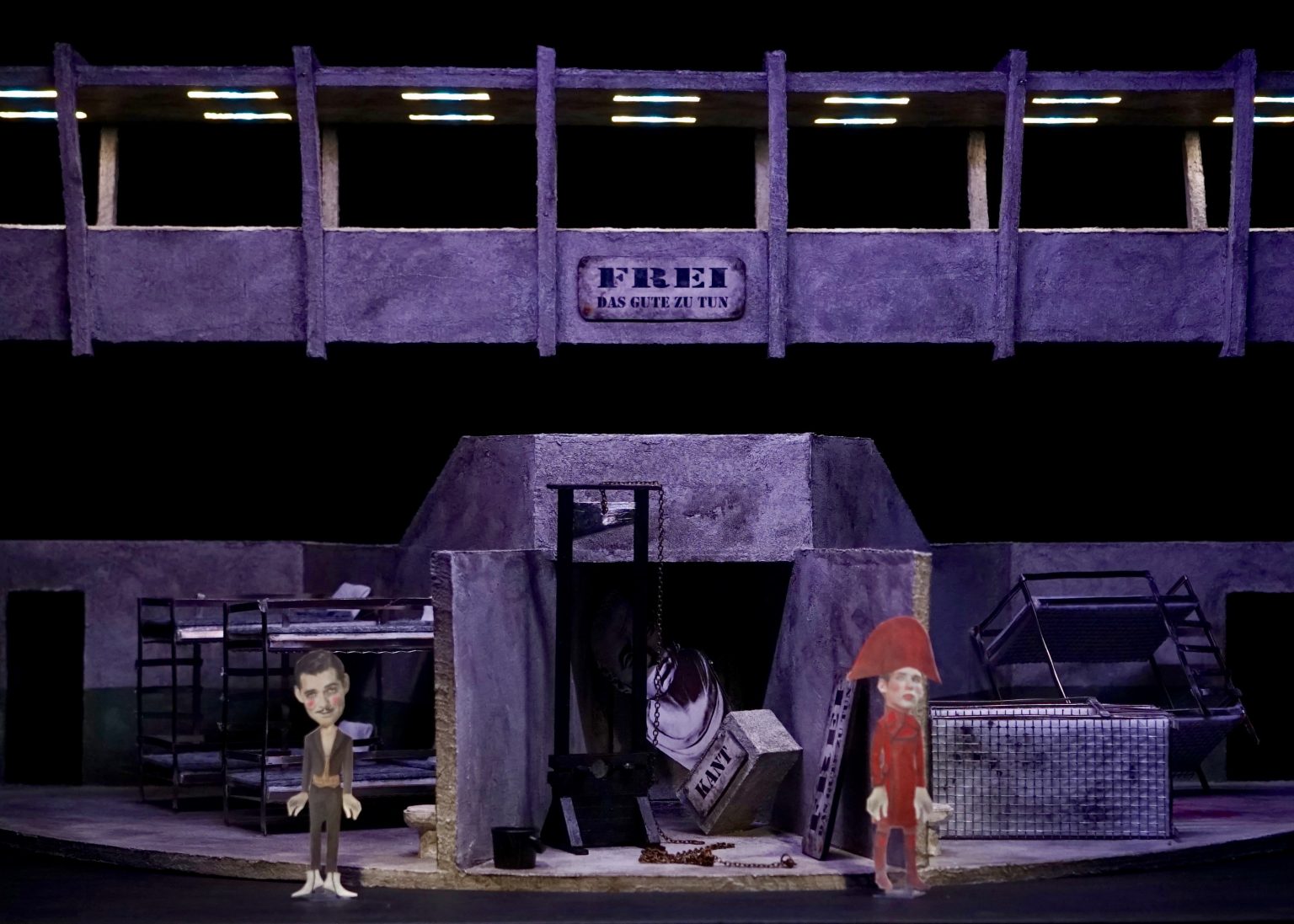
ABOUT
Don Giovanni. Two years after the premiere of this work, the French Revolution was to reach its climax in Paris. “Liberty, equality and fraternity” became the new motto. Inseparably linked to the idea of freedom is Immanuel Kant; if he first stated the freedom of man in the Critique of Pure Reason, the Critique of Practical Reason bears witness to his preoccupation with the question that follows: How should we act as free human beings? For Kant, that ought, guided by conscience, which points beyond the natural drive that is only concerned with the self, is the epitome of freedom. He does not know the intention of doing evil, of doing evil for its own sake. Even during the philosopher’s lifetime, however, there was someone who thought the unthinkable for Kant and represented the dark flip side of freedom: Marquis de Sade. With his search for absolute evil, the philosophy of the French libertine and aristocrat can be seen as a counterpoint to that of the German ideologue.
The similarities between the Marquis and Don Giovanni are obvious: their libidinous obsession and the accompanying violation of social conventions, their contempt for their own class, which at the same time grants them the privileges that enable them to lead such a lifestyle. It is astonishing how much potential is inherent in the person and the thinking of the French aristocrat as such and as a counter-model to Kant’s world view with regard to opera. It is precisely this perspective, which unfolds the contemporary philosophical-historical background to Don Giovanni, that we would like to harness for our directorial concept and thus lend the fragile construction of the main character a foundation and depth, as well as helping the marble statue at the end of the piece to take on a new face.
TEAM
Mien Bogaert, stage direction and set
Dennis Peschke, costumes
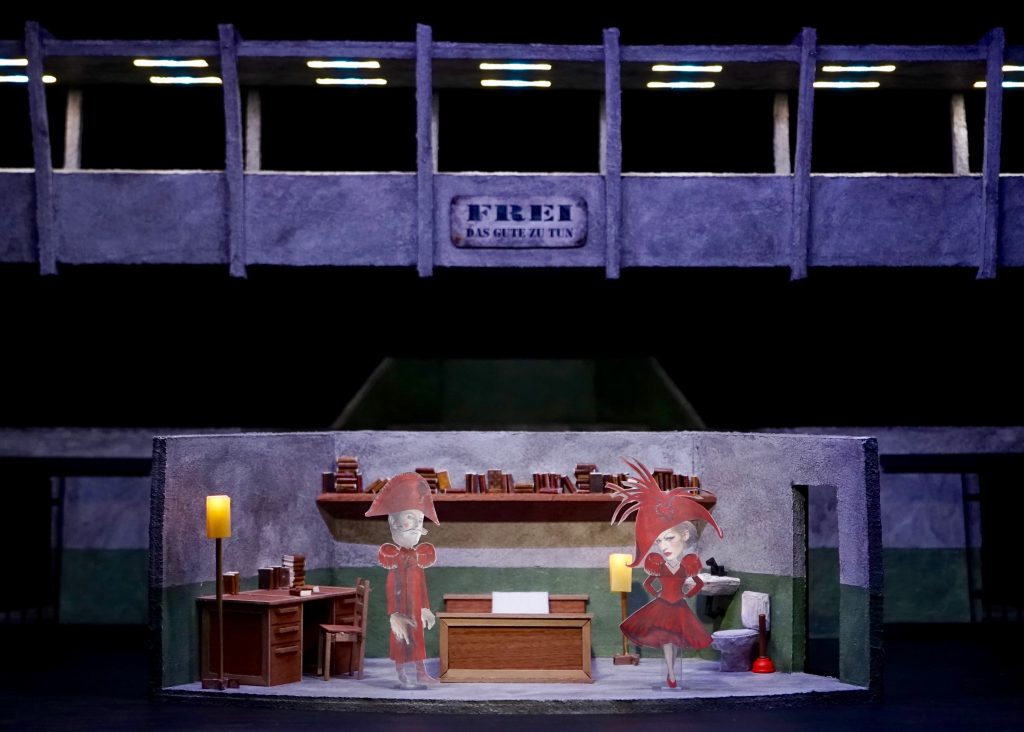
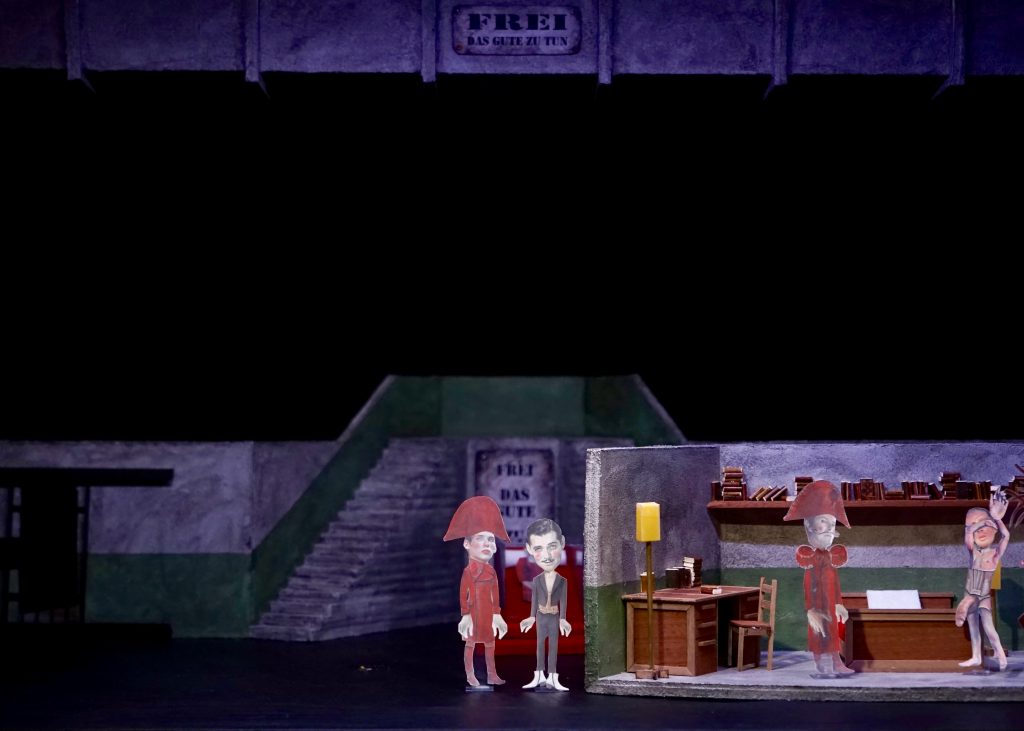
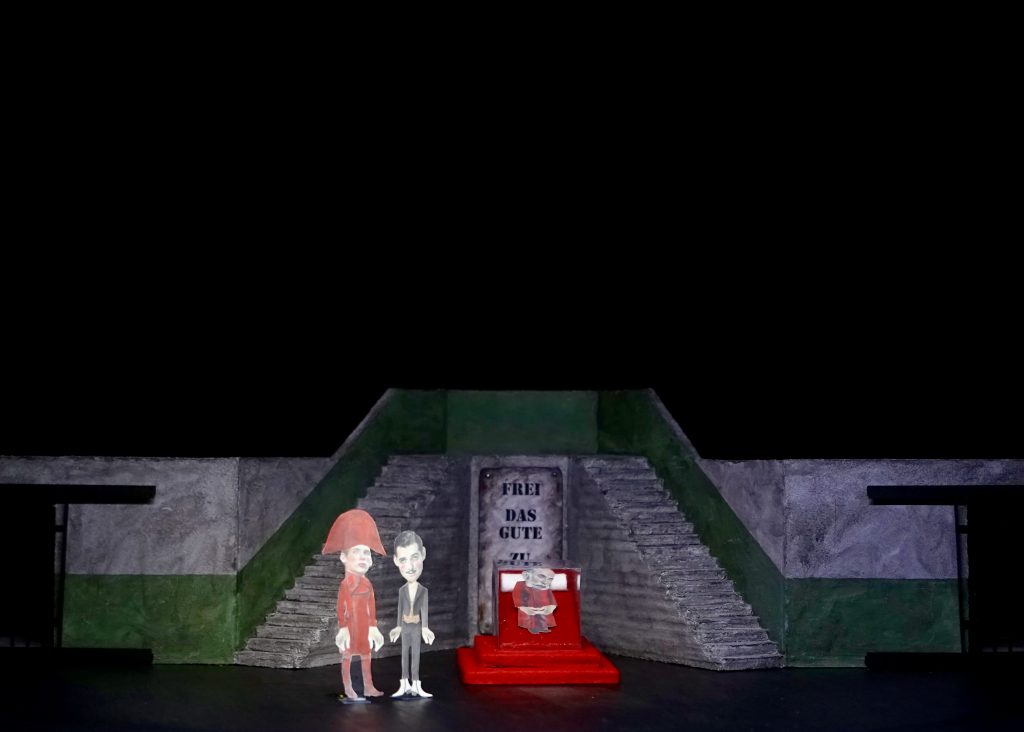
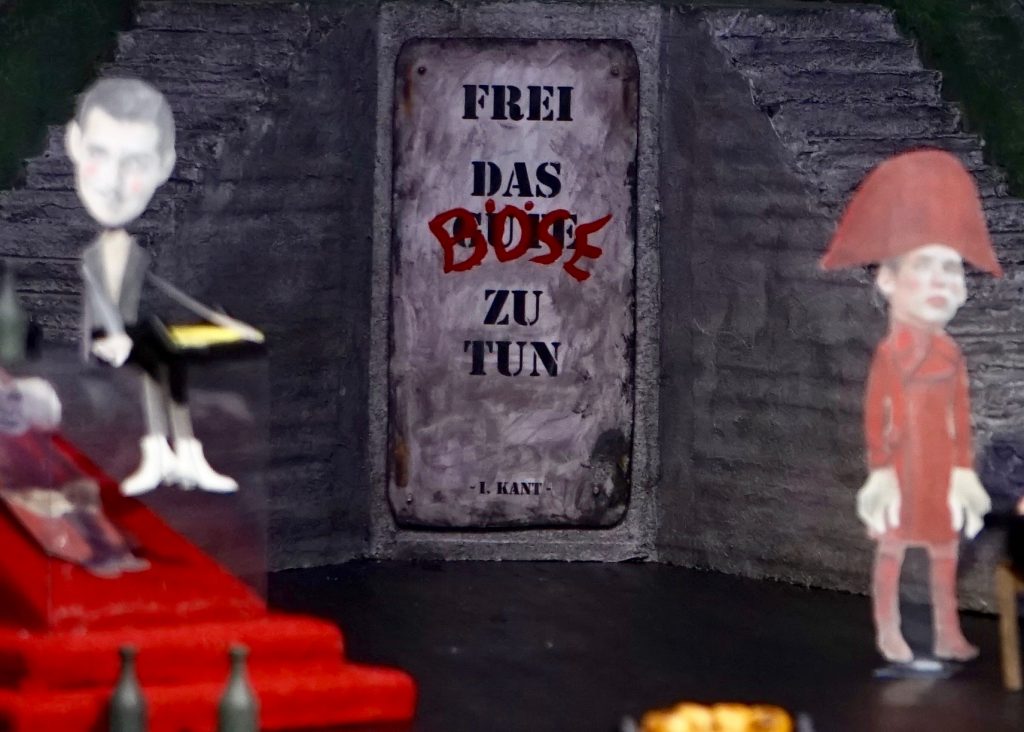
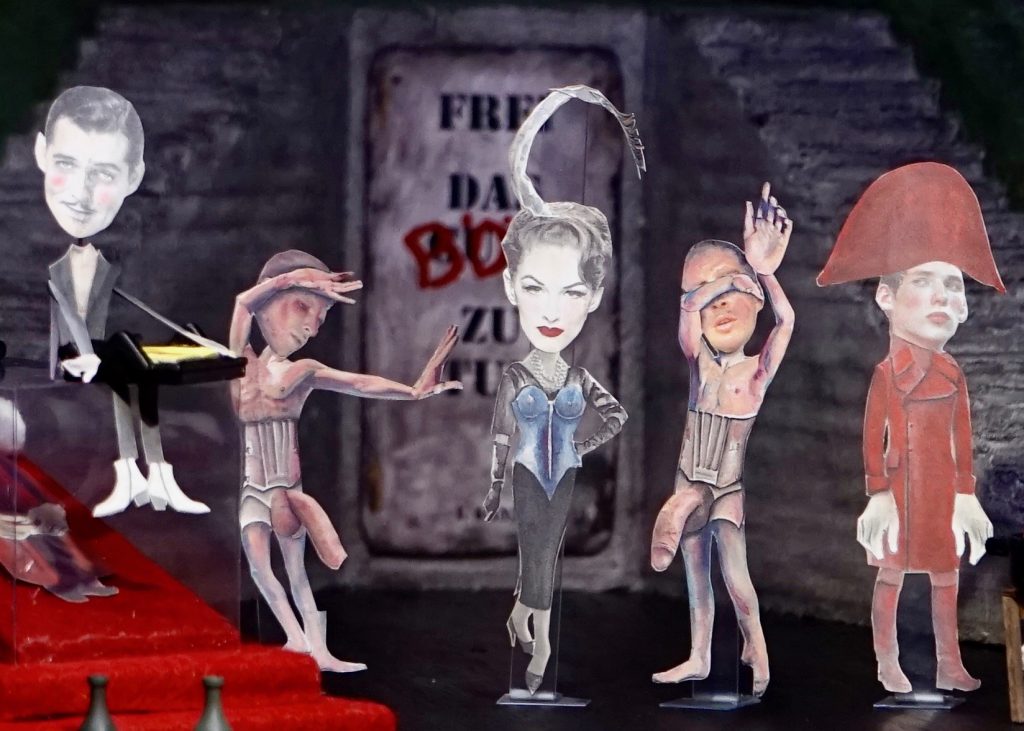
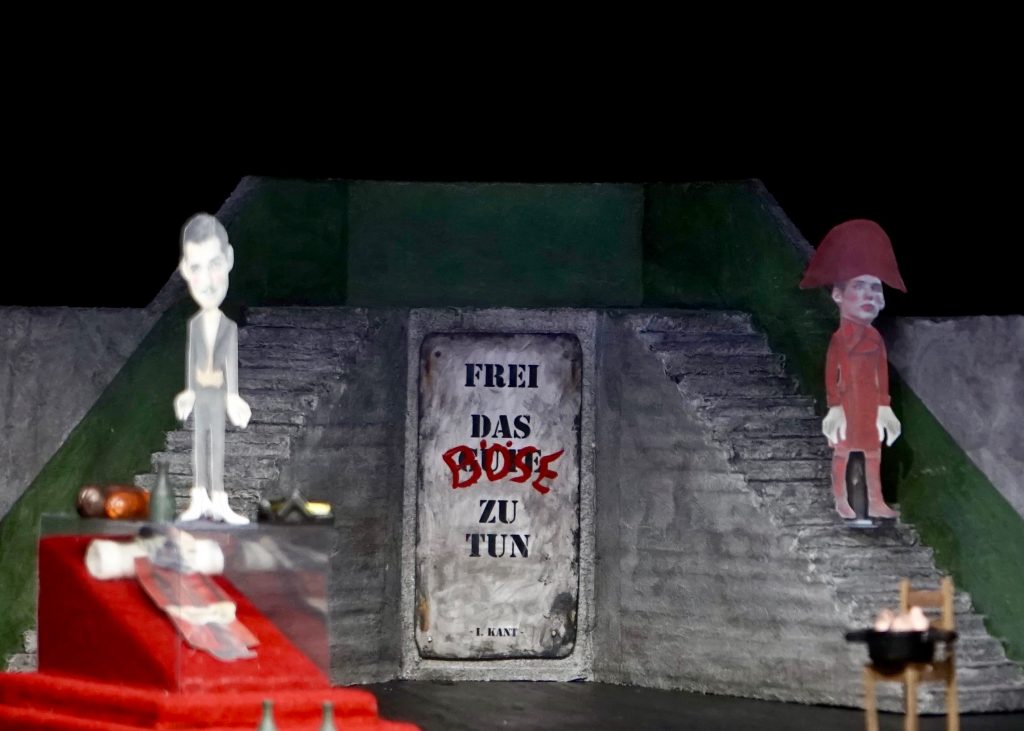
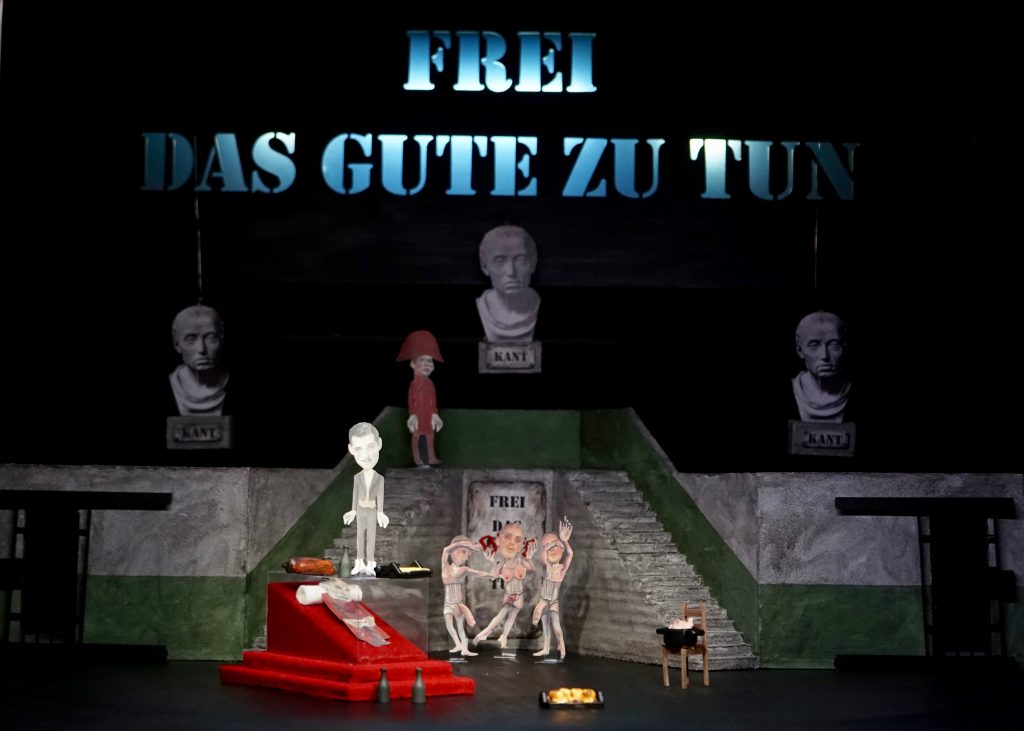
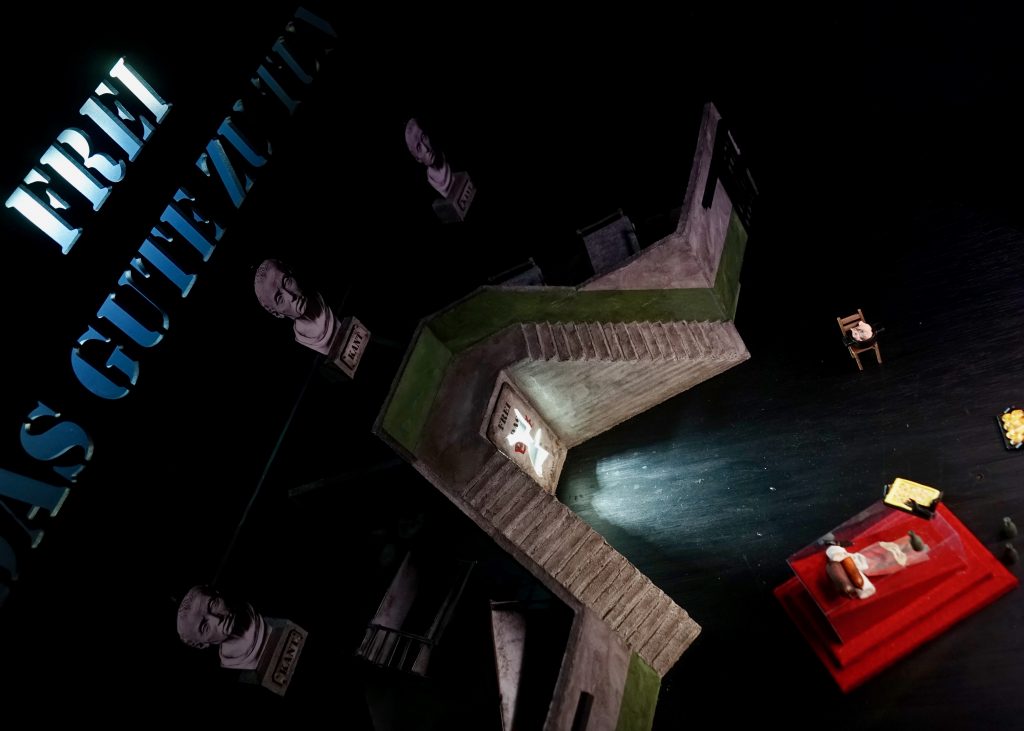
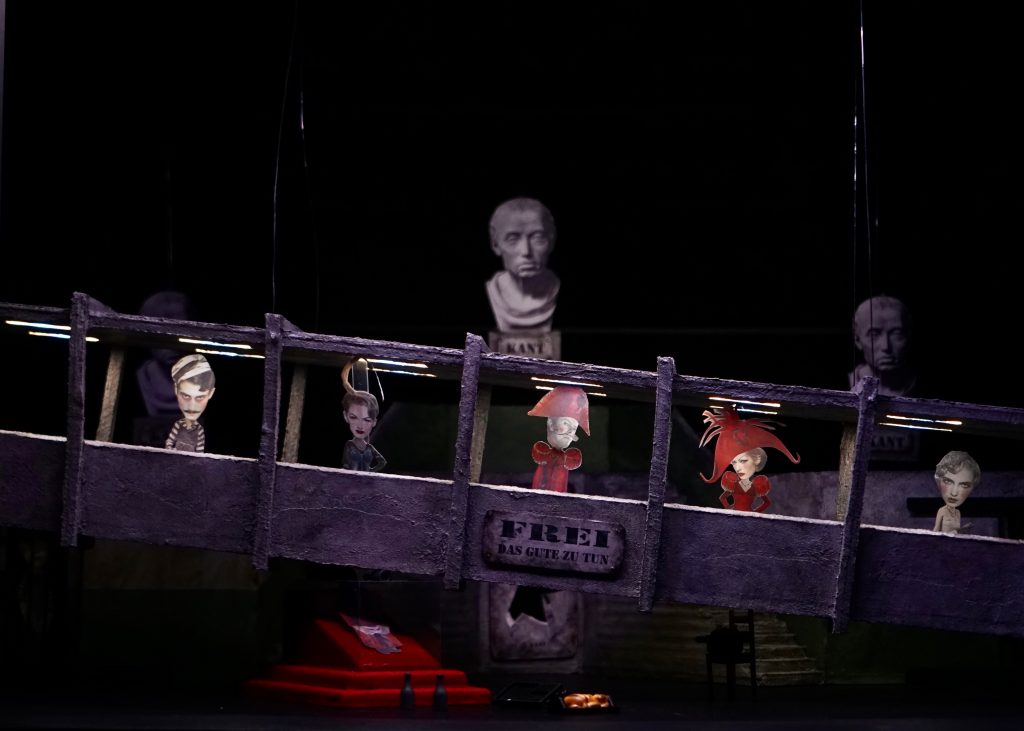
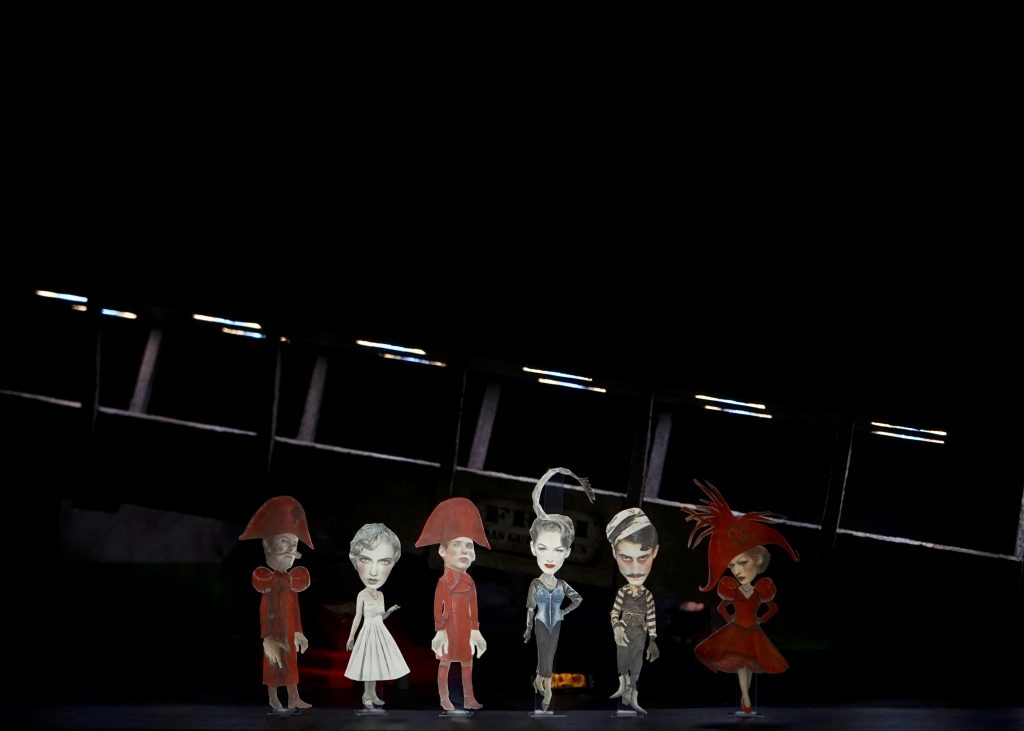
For the design of the stage space, the circumstances of the Marquis de Sade serve as a source of inspiration. The nobleman spent much of his life in captivity because of a sex scandal. However, his physical lack of freedom in no way prevented his spirit from boldly abseiling into the remotest abysses of the conceivable; in literature he found the freedom that was denied him externally. Our production shows Don Giovanni as a prisoner like his conceptual father. His adversary is the one who denies him his freedom: the prison warden in the form of the Commendatores. The Commendator sees the institution he runs not only as a place where crimes are punished appropriately, but also wants to teach the prisoners to use the energy that is undoubtedly inherent in them for the benefit of all, for universal good.
